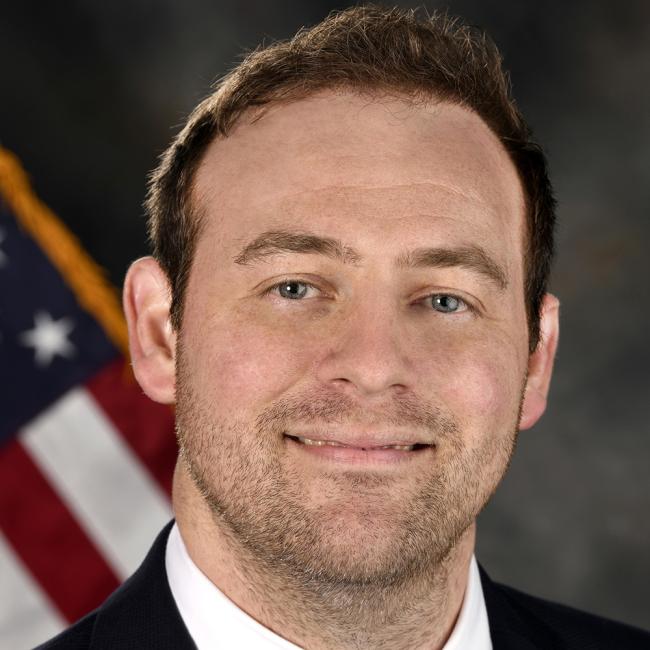
Kyle Walsh, Ph.D., has been appointed as the new director of the National Institute of Environmental Health Sciences (NIEHS), a pivotal arm of the National Institutes of Health (NIH). The announcement was made by Health and Human Services Secretary Robert F. Kennedy, Jr. As part of his new role, Dr. Walsh will also oversee the National Toxicology Program, administratively housed at NIEHS.
Dr. Walsh, a renowned neuro-epidemiologist, has made significant contributions to understanding how genetic, epigenetic, and environmental factors influence disease development. Before his appointment to NIEHS, effective October 10, Dr. Walsh spearheaded a groundbreaking interdisciplinary research program at Duke University in Durham, North Carolina. His work there focused on the interaction of heritable and modifiable risk factors affecting brain health, cancer outcomes, and aging.
Leadership and Vision for NIEHS
“Today marks an exciting new era for NIEHS,” Secretary Kennedy stated, emphasizing the potential for scientific breakthroughs under Dr. Walsh’s leadership. “Dr. Walsh’s scientific expertise and leadership will drive the institute toward even greater breakthroughs in our understanding of how the environment can affect biological systems and human disease.”
NIH Director Jay Bhattacharya, M.D., Ph.D., echoed these sentiments, noting, “Dr. Walsh is laser-focused on advancing rigorous research that leads to real-world insight and improves the health of all Americans. I look forward to seeing NIEHS innovate under his leadership.”
“Our institute is well positioned to merge population-level scientific approaches with laboratory research on how environmental factors can affect key biological mechanisms,” Dr. Walsh remarked. “We will foster an interdisciplinary, collaborative research approach that builds on the expertise of NIEHS scientists and grant recipients as well as other NIH institutes and centers.”
Background and Contributions
Dr. Walsh’s academic journey is as impressive as his professional accomplishments. He holds bachelor’s degrees in molecular genetics and anthropology from The Ohio State University, and a Ph.D. in chronic disease epidemiology from the Yale School of Public Health. His postdoctoral training was completed at the University of California, San Francisco.
At Duke University, Dr. Walsh held multiple roles, including associate professor of neurosurgery, pathology, population health sciences, and pediatrics. He directed the Division of Neuro-epidemiology and was a Senior Fellow in the Duke Center for the Study of Aging and Human Development. His leadership extended to the Duke Cancer Institute, where he co-led the Neuro-Oncology Research Program.
Dr. Walsh’s expertise was also instrumental in guiding research efforts following the 2023 train derailment in East Palestine, Ohio. He provided scientific leadership to U.S. Senators and facilitated collaborations across federal agencies, showcasing his ability to integrate scientific research with policy and public health initiatives.
Future Directions for NIEHS
As Dr. Walsh takes the helm at NIEHS, he succeeds Rick Woychik, Ph.D., who has moved to a new role within the NIH Office of the Director to support the Make America Healthy Again initiatives. Dr. Walsh’s appointment is seen as a strategic move to enhance NIEHS’s role in addressing environmental health challenges on a global scale.
Under Dr. Walsh’s leadership, NIEHS is expected to continue its mission of advancing scientific knowledge that promotes health across the lifespan and prevents chronic illnesses such as cancer, cardiovascular diseases, and dementia. His vision includes integrating insights from genomics, metabolomics, and other ‘omics’ frameworks to tackle complex health issues.
Dr. Walsh’s appointment signals a commitment to fostering an environment where interdisciplinary and collaborative research thrives, ultimately leading to healthier outcomes for populations worldwide. As NIEHS moves forward, the scientific community and public health stakeholders alike will be watching closely to see how Dr. Walsh’s leadership shapes the future of environmental health research.





